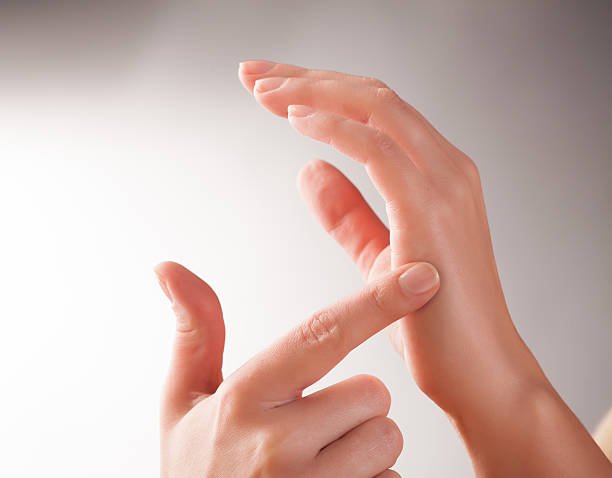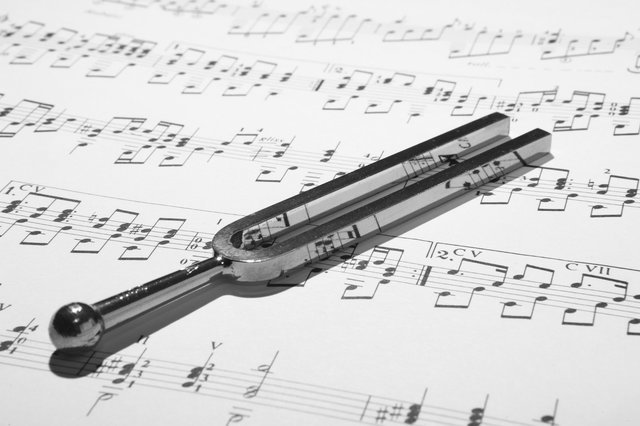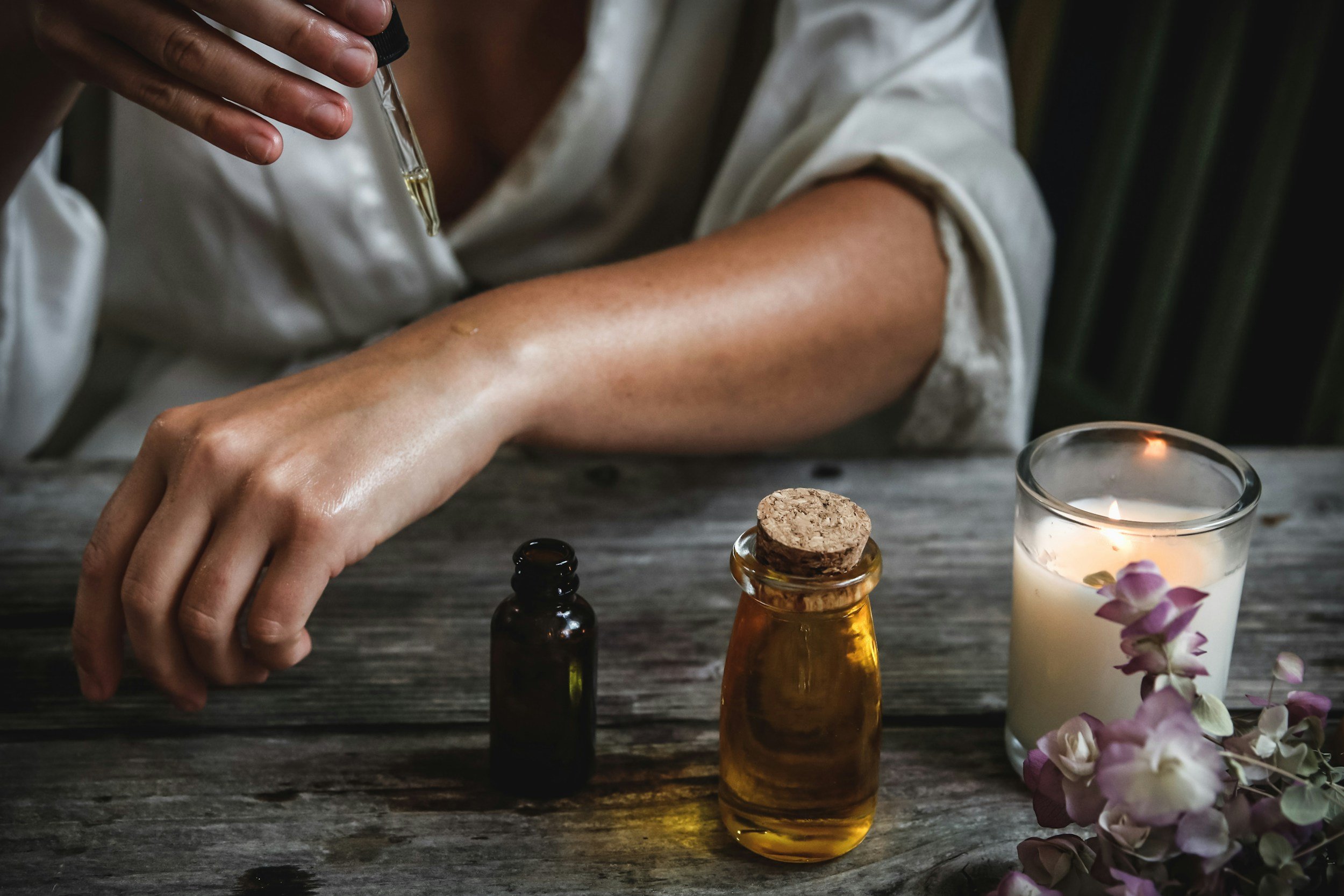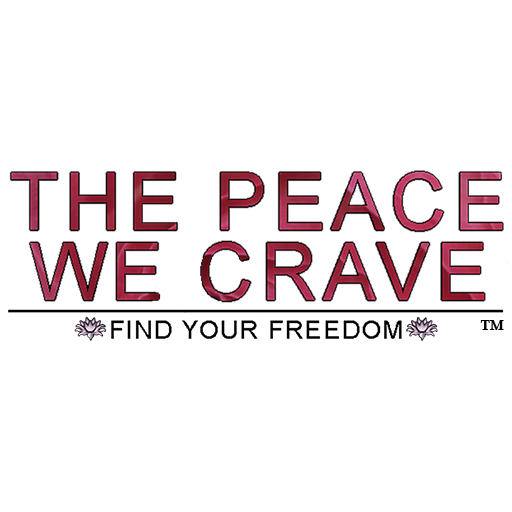
More About Emotional Sobriety
When we think of sobriety, we often think about stopping the use of alcohol or substances; however, emotional sobriety goes deeper that just not using. Emotional sobriety is the ability to handle any emotions that come up, good or bad, without turning to substances, unhealthy behaviors, or emotional extremes. It's about developing emotional balance, resilience, and self-awareness. When you have this skill, you can stay grounded and in a peaceful place, no matter what life might throw your way.

The Importance of Retreats in Recovery
Recovery is a deeply personal journey that requires time, dedication, and a caring environment. For those navigating addiction, sobriety, chronic pain, or healing from trauma, retreats can be a transformative experience. Retreats offer a safe, welcoming, structured space to disconnect from daily stressors and focus on personal growth. There can be unparalleled opportunities for healing, renewal, and connections with others who understand so we can get the support we need in our journey.

Emotional Freedom Technique® (EFT®): A Path to Emotional Healing
One of my favorite practices is the Emotional Freedom Technique® (EFT®), sometimes referred to as "tapping." EFT® is a simple yet powerful method that combines the principles of ancient Chinese acupressure and modern psychology. By tapping on specific acupressure points while focusing on emotional distress, EFT® aims to restore balance to the body’s energy system and provide emotional relief.

Staying Sober During the Holidays
The holiday season can be a joyful yet challenging time for those of us in recovery. Gathering during this time often involves situations where alcohol or other substances are present, which can be hard and test our resolve to maintain our sobriety. However, with mindful preparation beforehand and self-awareness, you can navigate the holidays successfully while staying true to your sobriety. Here are strategies to help you thrive during this season.

Sound Vibrational Reiki Healing
Reiki is a healing practice that taps into the universal life force energy, aiming to balance and rejuvenate the mind, body, and spirit. The integration of sound vibration with Reiki is a potent approach that has gained popularity in holistic healing communities and can assist with addiction and chronic pain recovery. By combining the power of sound with traditional Reiki techniques, practitioners can amplify the healing effects, promote deeper relaxation and energy alignment, and help maintain sobriety.

Emotional Sobriety: A Key to Lasting Wellness
In the realm of personal growth and recovery, the concept of emotional sobriety is gaining widespread recognition, but people still are not sure what exactly it may mean for them. While many associate sobriety with abstaining from substances like alcohol or drugs, emotional sobriety dives deeper into the inner self, emphasizing emotional stability, resilience, and clarity. It’s not just about what we avoid but how we handle life’s challenges, remain present, and maintain emotional balance. Emotional sobriety is the foundation for lasting wellness, personal freedom, and finding the peace we crave.

The Silent Epidemic of Chronic Pain
Chronic pain affects millions of individuals worldwide, yet it often remains overlooked in discussions about public health crises. This silent epidemic takes a heavy toll on those who experience it, impacting every aspect of their lives. It's time to shed light on the not talked about epidemic of chronic pain and advocate for improved understanding, support, and treatment options

The Power of Holistic Recovery Coaching: A Comprehensive Approach to Sustainable Recovery
Amid the complex landscape of addiction recovery, holistic recovery coaching has emerged as a transformative approach that addresses the multidimensional aspects of healing. This comprehensive methodology extends beyond traditional recovery models, focusing on integrating mind, body, and spirit to facilitate sustainable sobriety. In this blog post, we will explore the significance of holistic recovery coaching, its key components, and the positive impact it can have on individuals seeking a path to long-term wellness in recovery.

The Benefits of Sobriety: A Path to Transformation and Wellness
Sobriety, often seen as a challenging journey, yields a myriad of positive transformations that profoundly impact mental, physical, emotional, and spiritual well-being. As individuals navigate the path to sobriety and their substance use disorder, they often encounter numerous benefits. These positive changes encompass various facets of life and can lead to a profound sense of personal growth and fulfillment.

Reiki for Addiction Recovery
When integrated into a comprehensive recovery plan, Reiki can serve as a valuable component alongside traditional forms of therapy, exercise, meditation, and healthy lifestyle choices. The practice of Reiki complements and interacts with other therapeutic modalities, offering a holistic approach to addressing the multifaceted nature of addiction. Its impact on relaxation, stress reduction, and spiritual well-being makes it an ideal addition to a well-rounded recovery program.

What is Sobriety?
Sobriety is a transformative journey that transcends the mere act of abstaining from the substance or behavior of choice (ie. alcohol, drugs, codependency, etc.). It represents a commitment to emotional, mental, and physical well-being and can bring a person a life filled with purpose and meaning.

Trust and Boundaries: Building Healthy Relationships in Recovery
In recovery, establishing and maintaining trust in relationships is crucial for personal growth and a strong support system. Building healthy boundaries is an essential component of fostering trust, ensuring personal well-being, and maintaining healthy connections. This article explores the dynamic relationship between trust and boundaries in addiction recovery, offering insights and strategies for establishing and nurturing healthy relationships.

Gaining Self-Trust: Healing the Relationship with Yourself in Recovery
In the journey of addiction recovery, rebuilding our relationship with ourselves is a critical step towards lasting sobriety and inner peace. Central to this process is the cultivation of self-trust, a foundational pillar that supports personal growth and well-being. This article delves into the process of rebuilding self-trust during addiction recovery and offers invaluable tips and practices to foster a healthy and nurturing relationship with oneself.

Don’t Stop The Seeking
Step 11 starts with the word “sought”, which is the past tense of “seek”. Since I “sought through prayer and meditation” a relationship with a Higher Power in the previous 10 steps, it is my understanding that I must continue searching throughout my life. My searching and my seeking doesn’t stop at step 11, it has to continue one day at a time so I can keep this precious gift of sobriety.

Connection with Higher Power
I remember early in recovery I had fought the idea of dependence on a Higher Power. I thought I was self-sufficient and I could do anything if I worked hard enough at it. I wasn’t powerless or had an unmanageable life. I surely didn’t need something greater than myself to stay sober even though using almost killed me. I fought all the things we learn in the program until I hit a spiritual bottom and needed to get honest with myself. I had to face the truth. I had to admit that I desperately needed help. Asking for help is something that just doesn’t come naturally to me so I knew I was in a really bad place. I did find help and got busy working the steps of the program. While I worked the steps, I found a Higher Power and began my spiritual journey.

The War On Our Attention
“Until you make your unconscious conscious, it will direct you and you will call it fate" ~Carl Jung
Does this sound familiar to you: you take a moment and open your social media app of choice or your email with the intention of just checking it really quickly. You start to look at one post or email. Then you click a link you see that is interesting, which brings you to a video. You watch the video, which then points you to another video. You watch the second video and click another link. The next thing you know, 3 hours have passed and you’ve got nothing done nor can you remember what you initially set out to do before you got caught in the distraction loop.

Self Compassion Practice
Self Compassion Practice
My practice of self-compassion often starts with this statement: This is a moment of suffering. Suffering is part of life. May I be kind to myself in this moment. May I give myself the compassion I need.

Community and Connection
Community and Connection
There is so much power in a group of people who share a common bond.

Journaling and Your Recovery
Journaling and Your Recovery
Writing helps promote healing of emotional/mental and spiritual pain.

Meditation and Your Recovery
Meditation, Prayer, and Your Recovery
Promotes physical, emotional/mental, and spiritual well being.

